Book Review: Driven, The Secret Lives of Taxi Drivers by Marcello Di Cintio
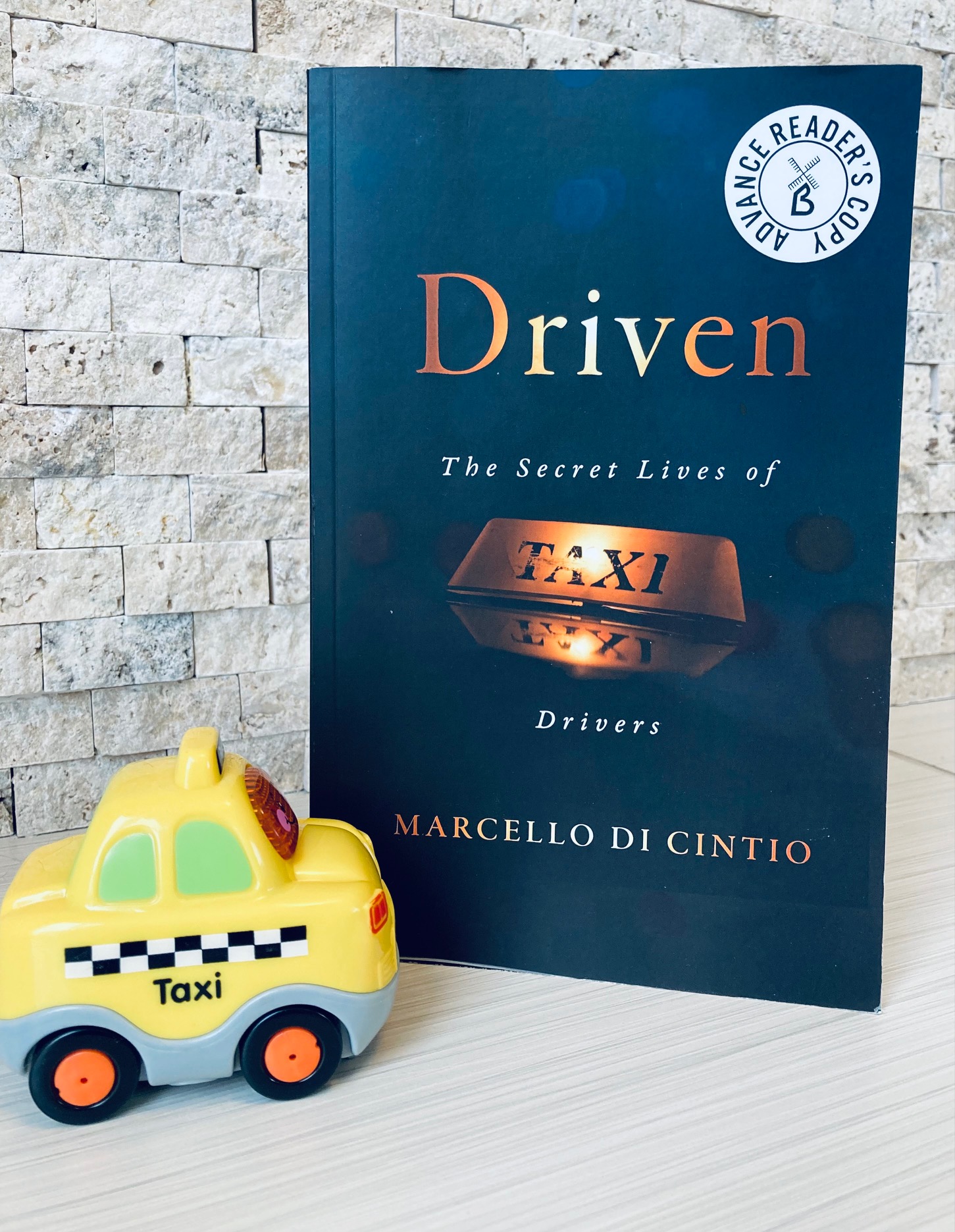
How long has it been since you’ve been in a taxi? Personally, it’s been years because I tend to take Ubers, but after reading this book, I may seek out taxis more often. Driven: The Secret Lives of Taxi Drivers by Marcello Di Cintio is a look into the lives of taxi drivers across Canada, each chapter detailing a new driver, and a fascinating life story behind them. As I usually do, I’d like disclose the fact that I know fellow Calgarian Marcello Di Cintio, I typically see him at literary events (back when they were in person) and he’s got a wicked sense of humour, but rest assured that if I didn’t like this book, I simply wouldn’t review it. I’m actually quite surprised at how much I did enjoy this, I’ll admit I wasn’t all that excited to pick it up because I don’t read a lot of non-fiction to begin with, but as soon as I dove in and met our first cabbie, I was hooked.
Book Summary
Before the pandemic, Di Cintio spent time crossing Canada in search of interesting cab drivers. Many weren’t willing to talk (surprisingly, cab drivers in Winnipeg were particularly close-mouthed), while many wouldn’t stop talking once they started. In his introduction Di Cintio admits that he never had a particular affinity for cab drivers, in fact, he’s almost gotten into a fight with one. But once he began asking question and interviewing them outside of their car (typically in a Tim Hortons), he heard stories that would both shock and sadden him, as well as his readers. Moving past the well-known ‘doctor from another country driving cab in North America’ story, he meets taxi drivers who escaped various wars and even one arranged marriage. He also meets a group of women known as “Ikwe”, a female volunteer organization dedicated to driving Indigenous women around Winnipeg, the city known for its racism towards Aboriginals. Alongside Di Cintio we discover the magic behind these people and their stories, painting a picture of the often turbulent lives of these blue collar workers that are so often forgotten by society.
My Thoughts
In my mind, there is nothing better than a book of personal stories skillfully told. I have no doubt that there were many people that simply didn’t make the cut in this book because every single cabbie we meet is so engaging. The selection and editing process to arrive at this group is reason enough to read Driven because I promise you won’t be disappointed.

Di Cintio’s journalism skills are clearly evident in the rich descriptions and conversations he relays in these pages, but what makes his writing even better are the small asides he offers us when making personal observations about people, or poking fun at himself. He is simply honest when describing these people that he is interviewing. One cab driver in particular, nicknamed “The Bully of Baghdad” adores his expensive BMW and makes a living ferrying around rich people and doing them favours. It’s obvious that this man is a bit obnoxious, parking wherever he likes and generally coming off as a braggart, but Di Cintio cares so much about his subjects we get a peek behind the bravado to truly understand what ignites this particular man and his dreams. Another memorable chapter is about a cab driving couple who spend a lot of their time together:
I asked Jass if she and Amrit ever tired of each other during those grueling workdays. They worked side-by-side for years. She barely understood my question, which perhaps revealed more about my relationship with my now-ex-wife than about her and Amrit’s marriage. ‘My husband is very family,’ she said. ‘He is always around us. He is a very good person. A very nice gentleman.’ (p. 78 of ARC).
I laughed out loud when I read this! I love people who don’t take themselves too seriously, and it’s obvious that in doing the research for this book, Di Cintio was humbled by the hard work and ingenuity of these drivers. I was too. He points out that driving cab is a physically demanding job, it’s hard on the body, and drivers are often expected to work extremely long hours and eat unhealthy fast food while on shift. But he’s also very straightforward when he’s uncomfortable or in disagreement with some of the opinions that are expressed during his interviews. One cab driver, who escaped the Nazis himself, compares what Uber is doing to the taxi industry as another holocaust. “Yikes” is not a strong enough word for how inappropriate this comparison is, and obviously Di Cintio experienced the same discomfort when he heard this. Still, the charm of this book lies in the vast array of the opinions these drivers possess.
What’s wonderful about a book like this is that it would appeal to a wide swath of readers. It may seem like a niche topic (as it did for me) but once I gave it a chance, I was happily engaged from beginning to end so I’m excited to recommend it to others too.

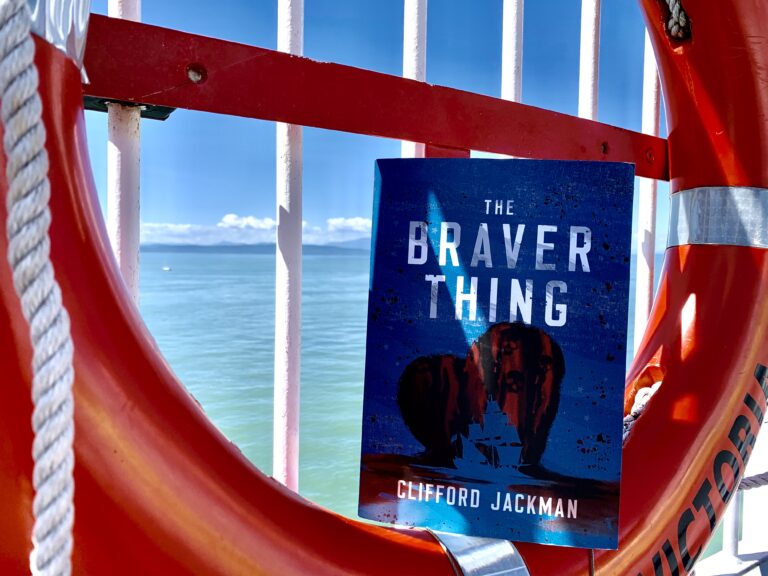
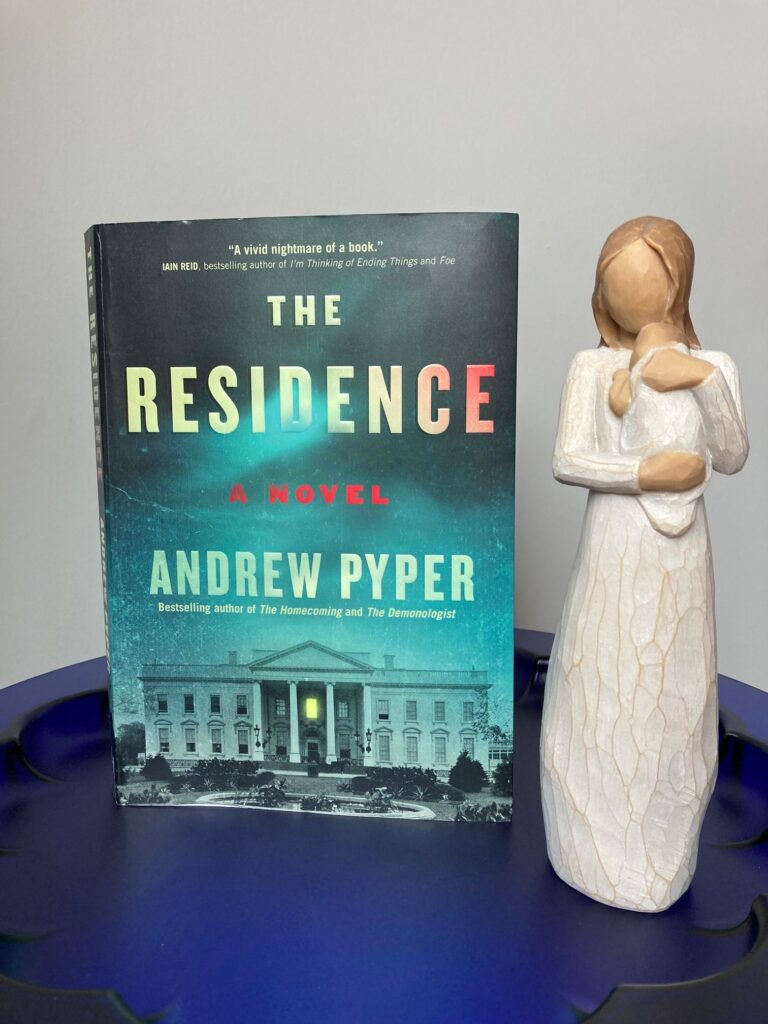
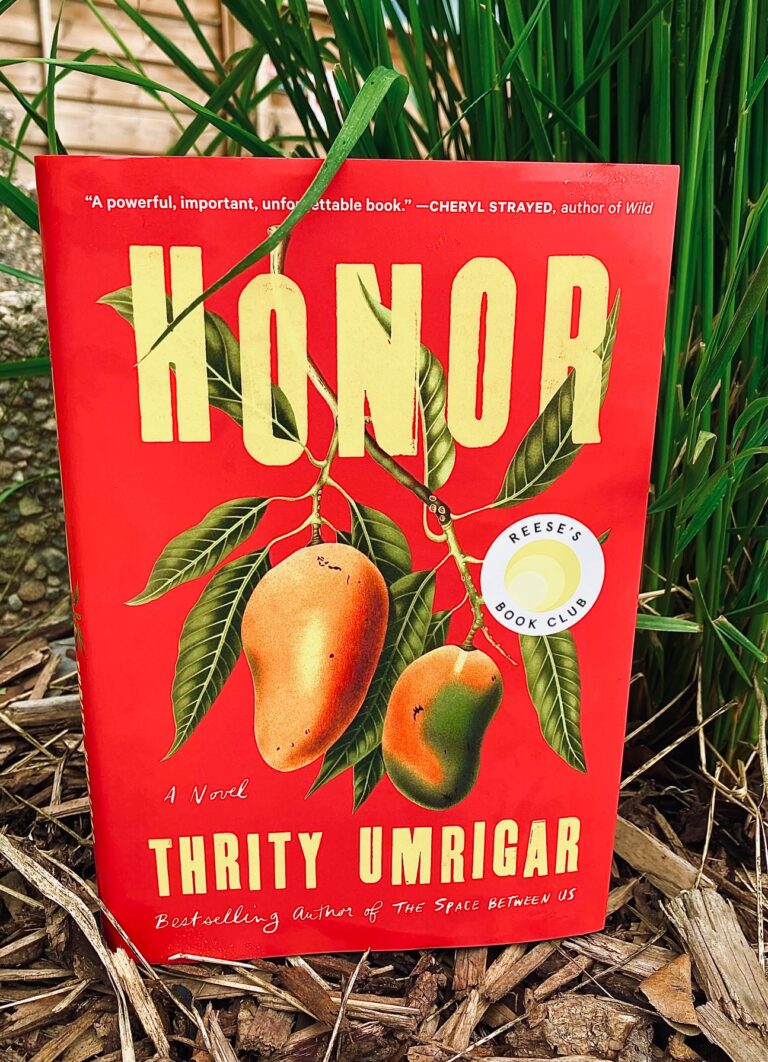

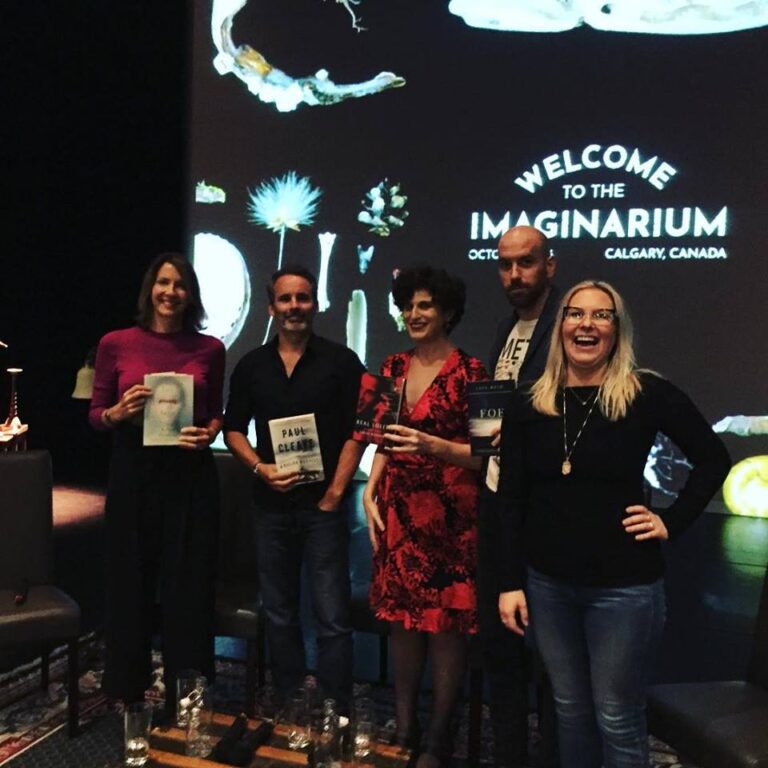
sounds like a wonderful read
It truly is!
I absolutely want to read this. I’ve had it out from the library now for several weeks, and hate to take it back without reading. What a good idea to interview cab drivers!
I think you’ll really enjoy it Naomi!
I’ve read arguments about why cabs are so important, such as the culture of cabs in England and the way drivers have routes and roads and neighborhoods memorized, whereas an Uber of Lyft driver may just use a maps app (which….I don’t see a problem with?). But for some folks, cabs are culture. And it doesn’t help that Uber and Lyft fight against treating workers fairly by claiming no matter how many hours a person drives, it’s still “part-time” or “gig” work.
Yes, and he doesn’t really get into the Uber vs. taxi fight too much here, but since writing this book, Marcello has written lots more about it, so it will be interesting to see how this plays out. Although sad that some people are losing their livelihoods in the process.
I’ve recently stopped driving and gone back to using cabs, something I’ve always enjoyed because, as a chatty person, I hear lots of different views from them rather than just sticking in my own little bubble of like-minded people. Where I live we still really don’t have many immigrants, though, so most of the local cabbies have lived hereabouts all their lives, and keep me up to date with the local gossip. When I was in London, though, it sounds very much like the drivers in this book – almost every mini-cab driver was an immigrant, and often quite happy to tell the story of what had brought them to London. Black cab drivers – actually, that’s phrased badly for people who don’t live here… it means drivers of black cabs, rather than that the driver is black – were still usually indigenous Londoners at that time (because black cabs are more prestigious and more expensive, and require cabbies to do the Knowledge, which is what Melanie is referring to above, whereas minicab drivers don’t have to) and you got a whole different viewpoint from them, often the anti-immigrant viewpoint, in fact. But the Knowledge also means they have an encyclopaedic knowledge of the city – restaurants, bars, hotels, theatres, museums, etc, etc, so great for tourists. Ha! You’ll have gathered I love cabs and cabbies… ;)
Wow this is fascinating! I took a black cab in London, I had no idea they had to go through this test. I can definitely see why cabs are needed in addition to ubers, many people just don’t want to order a car online and that’s fair. I also like being able to walk to a taxi stand and know i can get a ride from someone there….
This one is going straight on my list. I wish I’d thought of writing the book myself. LOL I also really love Rawi Hage’s book about the taxi driver!
So, you say that it’s sad that cabbies are losing their livelihood in the conflict with Uber/Lyft, and you say that you were happily engaged in reading this book….
but did the author convince you to reconsider your personal habits, did he make these people come to life so that you are motivated to support the industry that employs them?
He didn’t get too much into the whole debate, although I know he’s written about it for other publications. He did make them come to life, but ultimately when i chose my mode of transportation, it’s going to be based on what i feel is safest at the time. Also, he interviews Rawi Hage!
What have you heard about safety that leans one way or the other? I thought it was more of an socio-economic question (e.g. gig economy vs. workers being protected) that affects drivers’ well-being more than riders?
When I say safety, I mean-will I have to hang around this dark alley for my uber to show up, or do I see a taxi cab across the street that can take me right away? Or, is an Uber closer to me that will come pick me up, or will I have to wait too long for a taxi to pick me up here? It’s all about what’s closest to me, at night time for pick-up
Ahh, so if I’m understanding correctly, you’re not saying that safety is an issue in the Corporate Gig Economy Vs. Workers’ Protections debate, you’re saying it’s a factor in your personal decision-making. I don’t know if you know, but it might be helpful, to realize that you can arrange for a taxi to arrive at a particular time so, for instance, if you have a night meeting you can prearrange to have a ride to coincide with your leaving. I learned a lot about taxi services after moving to Toronto; it all seemed very ad hoc to me, when I was living in smaller places and rarely taking cabs. One of those big-city mysteries. Hah.
Yes yes, I meant my own personal safety, sorry for not clarifying that before. I do know you can order taxis for certain times and arrivals, but in my experience here in Calgary, they only arrive 50% of the time :(
Sounds like a pretty interesting read, might add it to my pile for the future :-)
It’s a great book, hopefully you can find it down in the US! It’s by a small press up here in Canada, which can make things difficult…